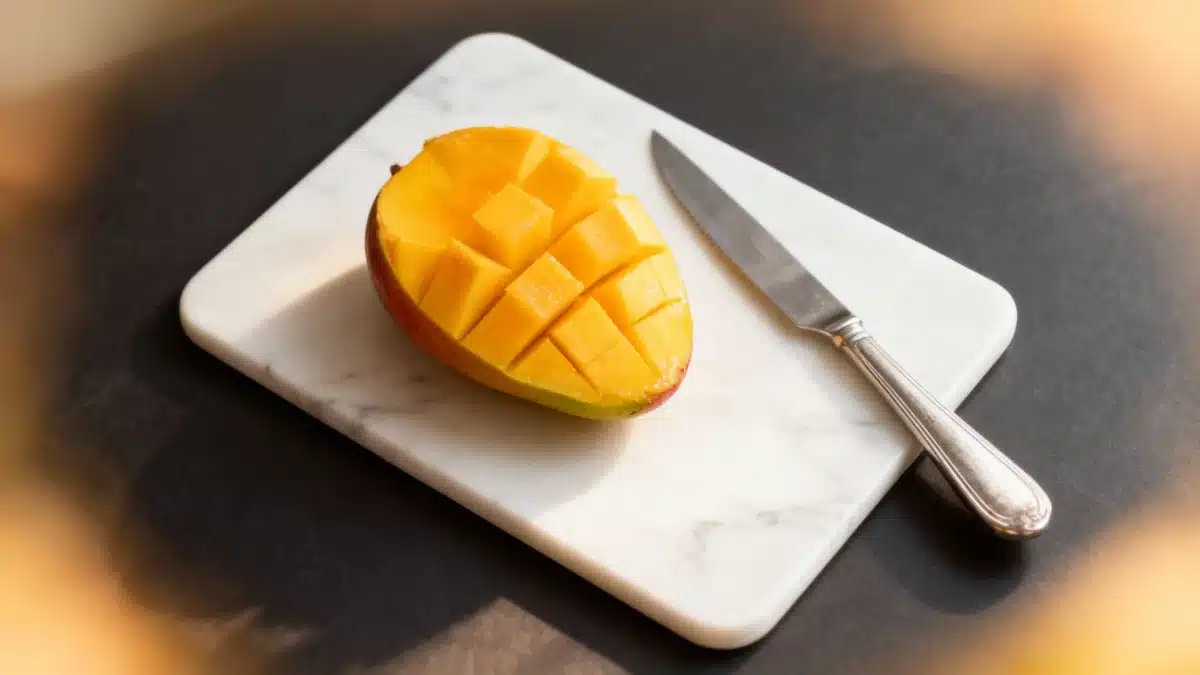Bananas: the humble fruit that proudly sits in many lunchboxes, gym bags, and let’s face it, sometimes at the bottom of our backpacks looking a bit worse for wear. Loved for their taste and famous for their nutrition, bananas have long been dubbed a “healthy choice” – but did you know that to truly harness all their goodness, there’s an ideal time to peel and eat one? Let’s uncover what experts say about the perfect banana hour, and why timing could make all the difference.
Why Are Bananas the Star of Snack Time?
Whether it’s break time at school or that post-3pm hunger that just won’t quit, bananas have secured a loyal following, especially among children. It’s not just their cheerful color or convenient built-in packaging. Bananas are appreciated in particular for their impressive nutritional profile:
- Rich in potassium: an essential mineral for the body
- Full of vitamins and minerals
- Pack a punch with antioxidants
- An excellent source of gentle, easy-to-digest fibers
But the strengths of bananas go beyond just vitamins. This fruit supports digestion, helps regulate transit, and increases satiety – no wonder some people reach for one as soon as they get up in the morning, considering breakfast the most important meal of the day.
Bananas for Breakfast: More Complicated Than You Think?
Now, before you start stacking banana slices on every piece of morning toast, there’s something you should know. Despite their reputation, eating bananas solo first thing in the morning might not be the best strategy. Why?
- High sugar content: Bananas deliver a quick energy boost at wake-up, but this doesn’t last throughout the whole day.
- Acidic effect: Once eaten, bananas release acidifying agents in the body, which can sometimes disrupt digestion.
- Carbohydrate load: Approximately 25% of a banana is made up of carbohydrates, which means it can cause a noticeable blood sugar spike.
For these reasons, if you plan to enjoy a banana at breakfast, experts recommend pairing it with other foods. So, if you’re thinking of grabbing a banana on the go and calling it a meal, it might be time to reconsider. But what about eating a banana on its own? Is there a time when this yellow fruit shines brightest?
The Expert Verdict: When to Eat Your Banana?
The answer comes straight from Dr. Santosh Pandey, a naturopath and acupuncturist based in Mumbai, who was interviewed by the Financial Express. According to Dr. Pandey, while bananas can be safely enjoyed at any point in the day, there’s good reason to especially favor them in the evening.
Why? Our body’s metabolism slows down the most during the night. Consuming bananas in the evening, particularly around dinner, may help regulate the sleep cycle. The magic trick here comes from an amino acid called tryptophan, found in bananas. This essential component helps the body produce serotonin – that well-known brain chemical fundamental to sleep regulation. In other words, eating a banana at dinner could help nudge your body toward a more restful night’s sleep.
So, next time you’re staring at the fruit bowl before bed and wondering if that lonely banana is a good idea, take Dr. Pandey’s word for it: not only is it safe, it could just become your ticket to dreamland (minus the sheep counting).
Conclusion: Timing Really Is Everything
Bananas have earned their superstar status because of their nutritional richness, digestibility, and snack-time versatility. Still, as tasty as they are, when you eat them could be just as important as why you eat them. A lone banana for breakfast might leave your digestion or blood sugar on edge. However, save that banana for later – especially as dinner rolls around – and you could be supporting both your belly and your sleep. Follow the advice of leading experts, grab a banana in the evening, and you might just find the ideal recipe for a healthier, happier you… one perfectly-timed bite at a time.

John is a curious mind who loves to write about diverse topics. Passionate about sharing his thoughts and perspectives, he enjoys sparking conversations and encouraging discovery. For him, every subject is an invitation to discuss and learn.






